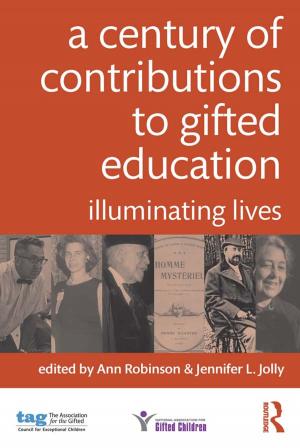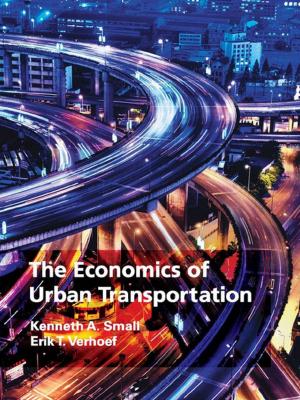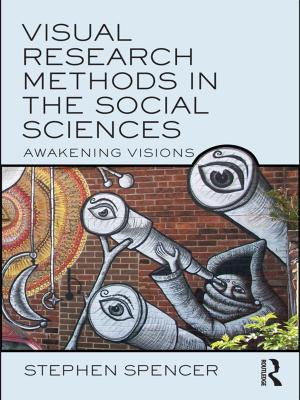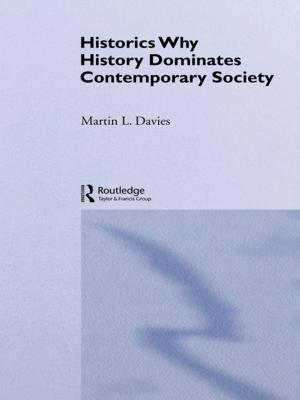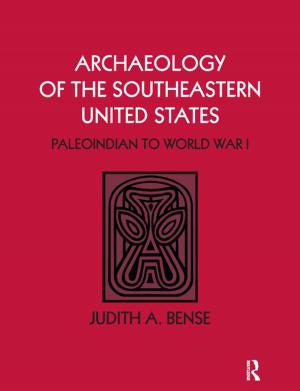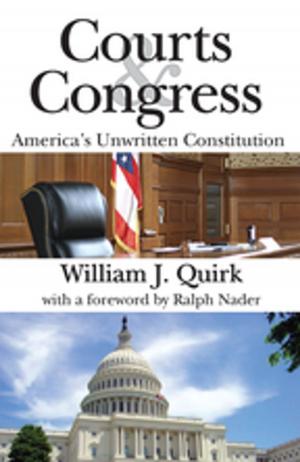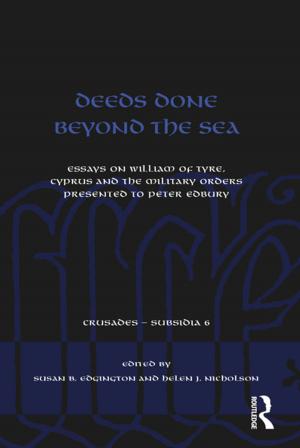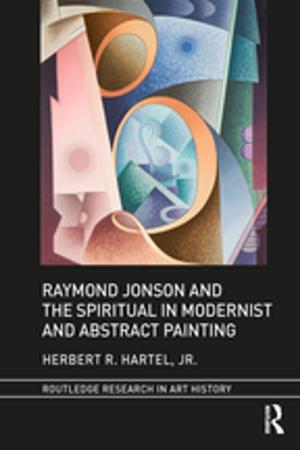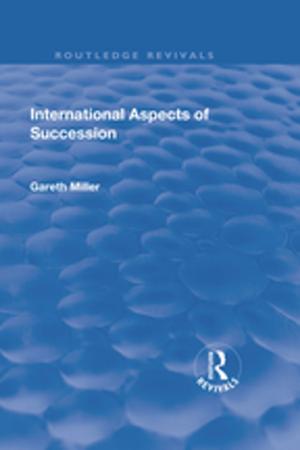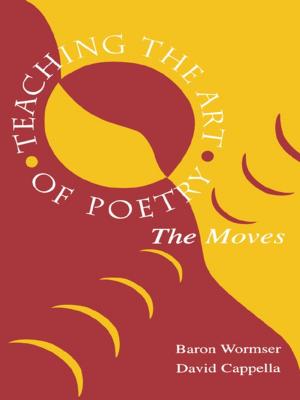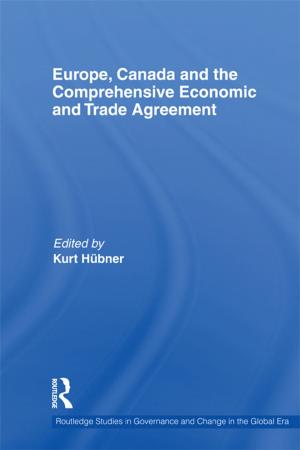| Author: | ISBN: | 9781351933643 | |
| Publisher: | Taylor and Francis | Publication: | March 2, 2017 |
| Imprint: | Routledge | Language: | English |
| Author: | |
| ISBN: | 9781351933643 |
| Publisher: | Taylor and Francis |
| Publication: | March 2, 2017 |
| Imprint: | Routledge |
| Language: | English |
Giordano Bruno was burnt at the stake in Rome in 1600, accused of heresy by the Inquisition. His life took him from Italy to Northern Europe and England, and finally to Venice, where he was arrested. His six dialogues in Italian, which today are considered a turning point towards the philosophy and science of the modern world, were written during his visit to Elizabethan London, as a gentleman attendant to the French Ambassador, Michel de Castelnau. He died refusing to recant views which he defined as philosophical rather than theological, and for which he claimed liberty of expression. The papers in this volume derive from a conference held in London to commemorate the 400th anniversary of Bruno's death. A number focus specifically on his experience in England, while others look at the Italian context of his thought and his impact upon others. Together they constitute a major new survey of the range of Bruno's philosophical activity, as well as evaluating his use of earlier cultural traditions and his influence on both contemporary and more modern themes and trends.
Giordano Bruno was burnt at the stake in Rome in 1600, accused of heresy by the Inquisition. His life took him from Italy to Northern Europe and England, and finally to Venice, where he was arrested. His six dialogues in Italian, which today are considered a turning point towards the philosophy and science of the modern world, were written during his visit to Elizabethan London, as a gentleman attendant to the French Ambassador, Michel de Castelnau. He died refusing to recant views which he defined as philosophical rather than theological, and for which he claimed liberty of expression. The papers in this volume derive from a conference held in London to commemorate the 400th anniversary of Bruno's death. A number focus specifically on his experience in England, while others look at the Italian context of his thought and his impact upon others. Together they constitute a major new survey of the range of Bruno's philosophical activity, as well as evaluating his use of earlier cultural traditions and his influence on both contemporary and more modern themes and trends.


